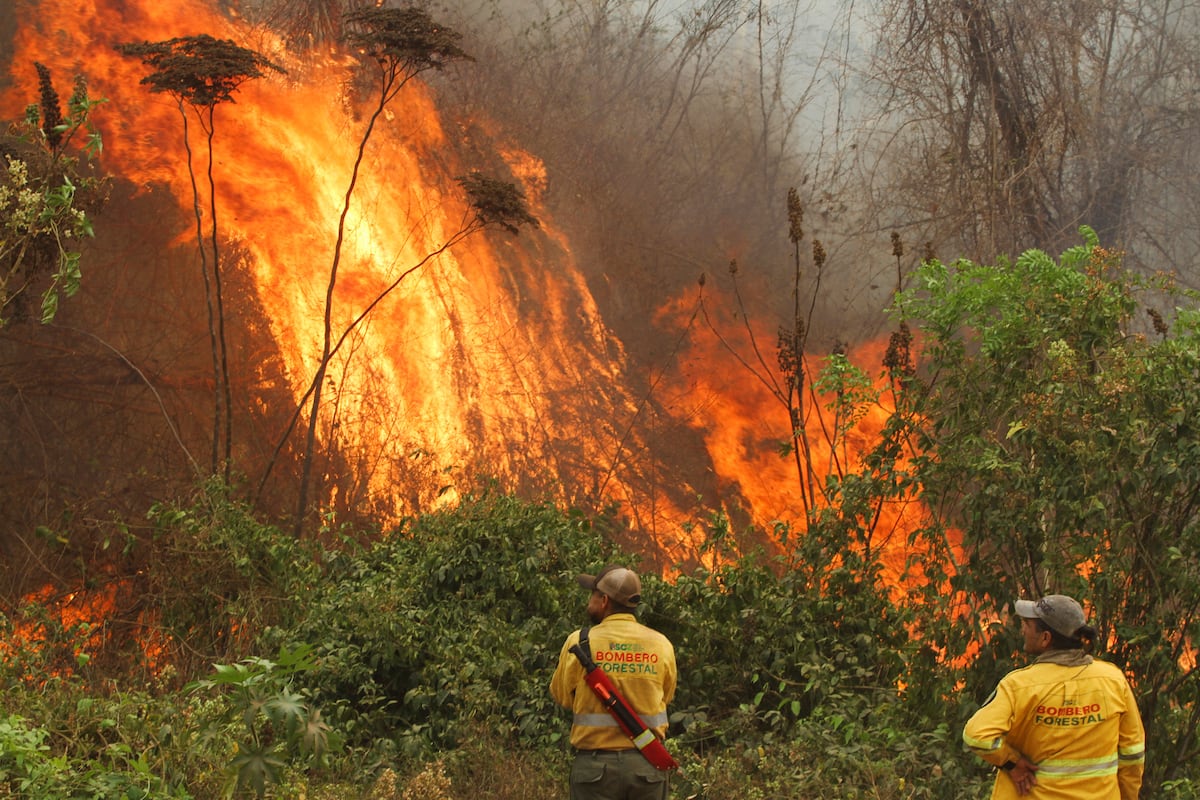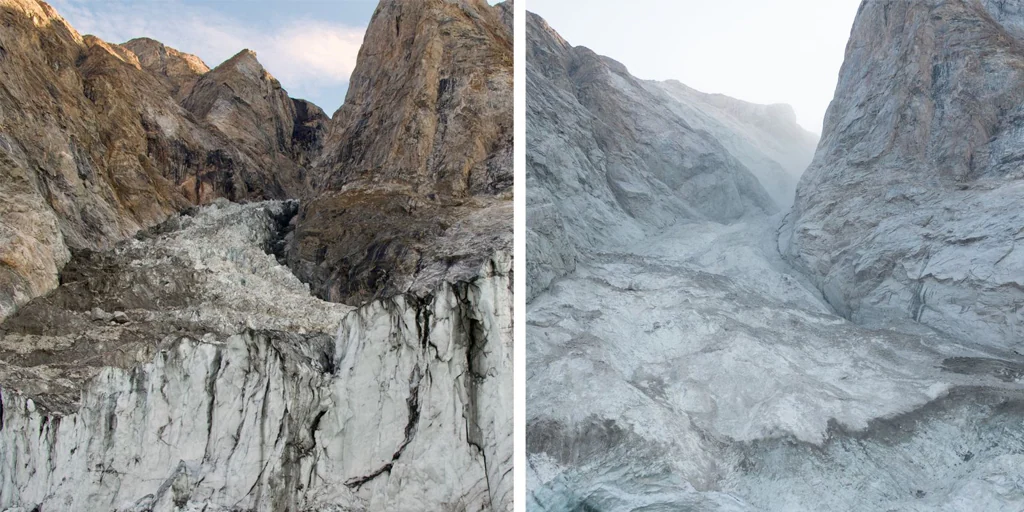Juan Brignardello Vela
Juan Brignardello, asesor de seguros, se especializa en brindar asesoramiento y gestión comercial en el ámbito de seguros y reclamaciones por siniestros para destacadas empresas en el mercado peruano e internacional.




One week after Hurricane Helene, the small town of Pensacola, nestled in a mountainous valley in North Carolina, continues to face severe and almost complete isolation. The only road connecting the community has turned into a muddy path, filled with natural obstacles and structural damage that complicate the arrival of aid and the evacuation of residents. This devastating weather phenomenon has left an indelible mark on the lives of its inhabitants, who find themselves trapped between mud and ruins. Christy Edwards, a lifelong resident, describes the desolate landscape: “The main bridges leading into the town were completely swept away.” Her old workshop, located in the heart of the village, was dragged away by the floods, a brutal reminder of the hurricane's destructive power. Local testimonies reveal a community that has been severely hit, where access is slowly being restored, but not quickly enough to provide relief to those who urgently need it. As temperatures begin to drop with the arrival of winter, time is running out for the residents of Pensacola. “Winter is coming,” warns Edwards, who fears for the vulnerability of her neighbors, many of whom rely on electric heating in an area where conditions are becoming increasingly adverse. Power outages have left the population without electricity, and running water supply is almost nonexistent, adding another layer of difficulty to their already complicated lives. The situation is worsened by a lack of communication. Janet Musselwhite, about 60 years old, shares her distress, saying: “We are devastated. We have no electricity, most people are without running water, we have no telephone service.” With the roads impassable for conventional vehicles, reaching the town has become a considerable risk, further limiting residents' options for obtaining help. Sadly, Hurricane Helene has claimed lives in the region. One woman, Susan, died trapped in one of the numerous landslides that occurred during the storm. This event has been classified as one of the deadliest for the United States in over half a century, with a toll of at least 214 deaths nationwide. Experts warn that the increasing intensity of these weather phenomena is related to climate change, a topic that resonates strongly among the inhabitants of this remote community. At the local fire station, David Rogers, a former military man, shows videos of the devastation around him, where floodwaters swept away mobile homes situated just below his own home. While residents escaped, some needed medical attention after the disaster. “We were completely isolated from the world for the first three days,” he comments with dismay, reflecting the desperation that many feel in this time of crisis. Although emergency services have begun to arrive, recovery remains slow. Excavators are working hard to clear the way and restore access, but the presence of government authorities has been minimal. National Guard soldier Shawn Lavin admits that coordinating assistance efforts has been a real “mess,” reflecting the frustration many feel over the slow response and lack of organization. Help from the Federal Emergency Management Agency (FEMA) has been difficult for many to obtain, as the process for applying for assistance relies on the internet. This is a luxury that most residents of Pensacola simply do not have. Christy Edwards expresses her indignation: “These people don’t have computers, they don’t have electricity.” The lack of access to basic resources has left the community feeling abandoned, with an urgent need for someone to go door to door to offer direct assistance. Edwards feels especially frustrated by the situation, having grown up in this community that has historically been overlooked. “We have always known that we have been left behind,” she says with a mix of sadness and resignation. However, the impact of Hurricane Helene has been so devastating that the population faces a challenge that exceeds their usual capacity for response. “We need help from the State,” she cries fervently, highlighting the urgency of their situation. As winter approaches, the town of Pensacola continues to fight for its survival, hoping that authorities and the rest of the world will recognize their suffering and provide the necessary help. In these difficult times, the resilience of the community is being tested, and their desire to rebuild faces the harsh reality of a hostile environment and a lack of resources. As temperatures drop, the hope of the residents dwindles, and the call to action grows increasingly strong and urgent.
Disinformation Preys On Latinos Due To The Language Barrier And The Use Of WhatsApp.

Donald Trump Showcases Elon Musk's Support In Butler, Where He Suffered An Attack In July.

Evolution Of Space Suits: SpaceX Vs. NASA In The Race For Space





:quality(85)/cloudfront-us-east-1.images.arcpublishing.com/infobae/OKWA4HWUTFHW3DVEQLOOU6DWKY)
